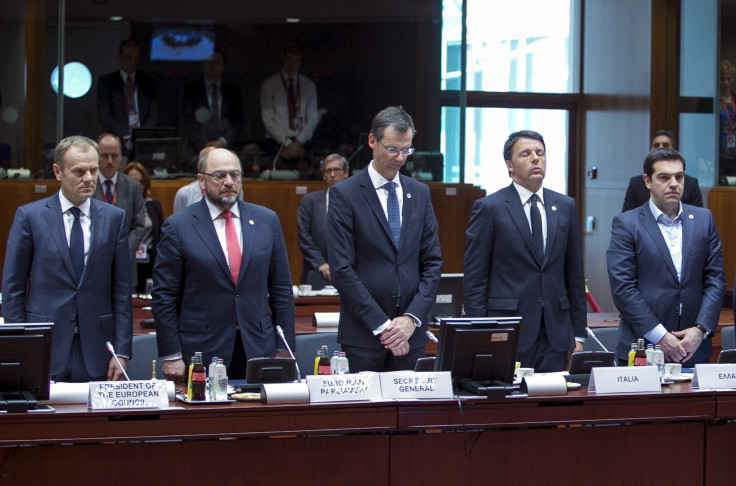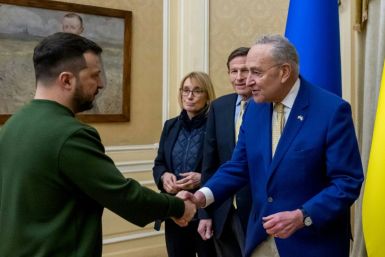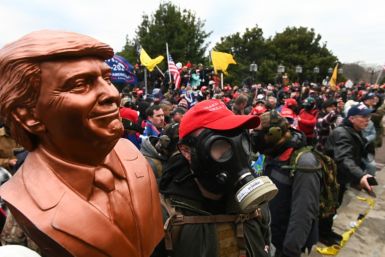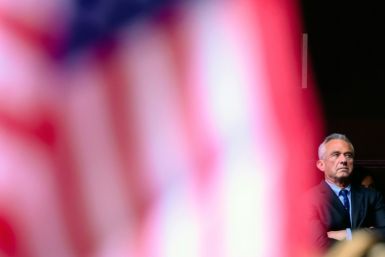UK needs to restructure ties with EU on the basis of free trade, says Chancellor Osborne

Amidst the raging debate over the kind of Britain’s relation with the European Union, chancellor of exchequer, George Osborne has called for making the relations fully rooted in hardcore economics. According to Osborne, Britain's relationship with the EU should be on the basis of a “single market of free trade” and his country is working to renegotiate the country’s membership with the 28-nations bloc.
Osborne said , “I prefer to talk about it as a single market of free trade. It’s free trade with the rules that enable the free trade to be a real success. That’s the way I think we should think about it.” Noting the other interests at a European level, Osborne said, they are climate change talks in Paris at the end of 2015 and “security work that we do with the French.”
Osborne was in Paris as part of the visits to various European capitals in a mission to seek support to Britain’s plan to renegotiate key EU treaties. Britain's ruling Conservatives are planning a referendum on the matter by the end of 2017. In Paris, Osborne met the French Prime Minister and added: “There is a deal to be done…it’s not going to be straightforward, it’s not going to be easy…but it is absolutely do-able.”
Economic Aspects
In the words of the Chancellor, for Britain, the “central attraction” of European Union membership has always been economic and it would be at the heart of the renegotiation. Osborne made clear that renegotiation with EU is all about “fixing” the economic aspects of relationship in “convincing ourselves that it is right for Britain to remain in the EU.”
The Chancellor said, he is is also working on a scheme that gives National Parliaments a “bigger role” in EU laws and regulations, in an apparent reference to the hegemony of Brussels over EU member states. Reflecting on the Greek crisis and role of EU in solving it, Osborne said Eurozone countries seemed to have accepted the need to integrate further to deal with economic crises. “We’ve got to get this right for the future,” he said and added Britaiin does not want to be in a European Union that presides over a declining part of the world. He also accepted the fact that some of his Conservative MP colleagues may vote for leaving the EU regardless of the renegotiation. However, he is confident that the majority of the British public would back a renegotiated EU where his country will be “in Europe, not run by Europe."
Not Political Union
Many Tories have indicated support for the campaign that seeks to stay in the EU if the new deal is tied to the concept of a free-trade area in terms of its links with Brussels. They point out that was the basis, when in 1972 the UK joined the European Economic Community. That time, then prime minister Edward Heath said the bloc was essentially a free-trade zone for boosting business. Many Eurosceptics now say that Britishers were misled into supporting EEC membership because its drive for closer political union was not clear to them.
(For feedback/comments, contact the writer at feedback@ibtimes.com.au)






